Our Mission
Our Mission
Our Mission
To deliver scalable, energy-efficient quantum computing that will revolutionize how the world solves its hardest problems.
To deliver scalable, energy-efficient quantum computing that will revolutionize how the world solves its hardest problems.
To deliver scalable, energy-efficient quantum computing that will revolutionize how the world solves its hardest problems.
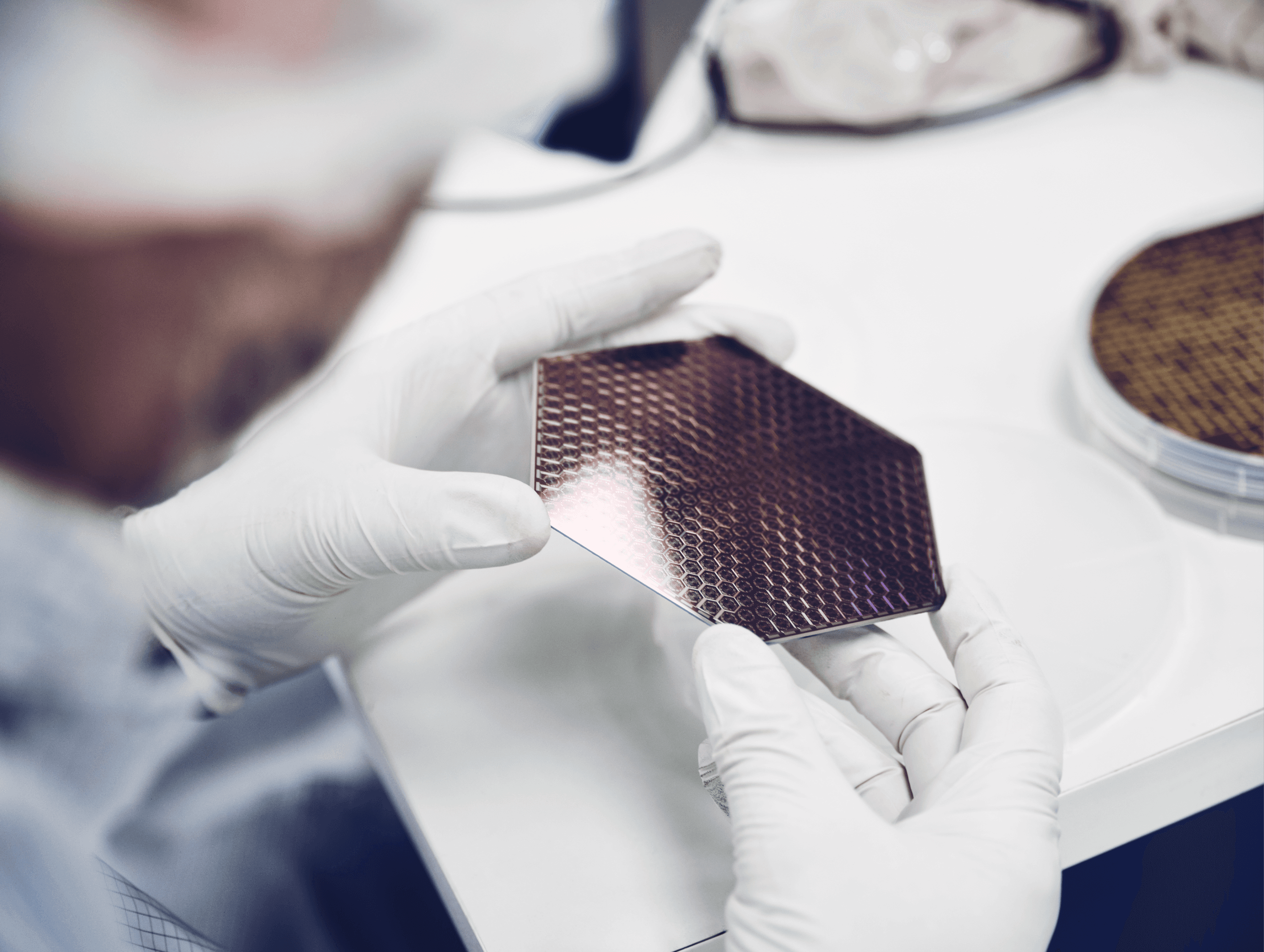


SEEQC was founded to break the barriers preventing quantum computers from scaling. Our team of physicists and engineers combines decades of expertise in superconducting electronics to build the world’s first quantum computer on a chip.
SEEQC was founded to break the barriers preventing quantum computers from scaling. Our team of physicists and engineers combines decades of expertise in superconducting electronics to build the world’s first quantum computer on a chip.
SEEQC was founded to break the barriers preventing quantum computers from scaling. Our team of physicists and engineers combines decades of expertise in superconducting electronics to build the world’s first quantum computer on a chip.
Approaching the quantum computing challenge differently.
Approaching the quantum computing challenge differently.
Approaching the quantum computing challenge differently.
SEEQC is built upon the fundamental premise that to deliver a commercially scalable and cost-effective quantum computing solution, classical readout, control, error correction, and data processing functions must be integrated with a quantum processor.
Just as the greatest advances in modern classical computing occurred with digital chip-scale integration of key functions, leading to a drastic reduction in system complexity, I/O count, and cost, the same will be required in quantum computing. We are developing a platform to deliver that integration.
SEEQC is developing the first digital quantum computing System-on-a-Chip. SEEQC combines classical and quantum technologies to address the efficiency, stability and cost issues endemic to quantum computing systems.
SEEQC’s quantum system is required to make quantum computing useful and bring the first commercially-scalable, problem-specific quantum computing applications to market.
The company is one of the first companies to have built a superconductor multi-layer commercial chip foundry and through this experience has the infrastructure in place for design, testing and manufacturing of quantum-ready superconductors. SEEQC is a spin-out of Hypres, the world’s leading developer of superconductor electronics. SEEQC’s team of executives and scientists have deep expertise and experience in commercial superconductive computing solutions and quantum computing. SEEQC is based in Elmsford, NY with facilities in London, UK and Naples, Italy.
Leadership
Leadership
Leadership
Our teams in New York, London, and Naples. Dedicated to doing their life’s work.
Our teams in New York, London, and Naples. Dedicated to doing their life’s work.
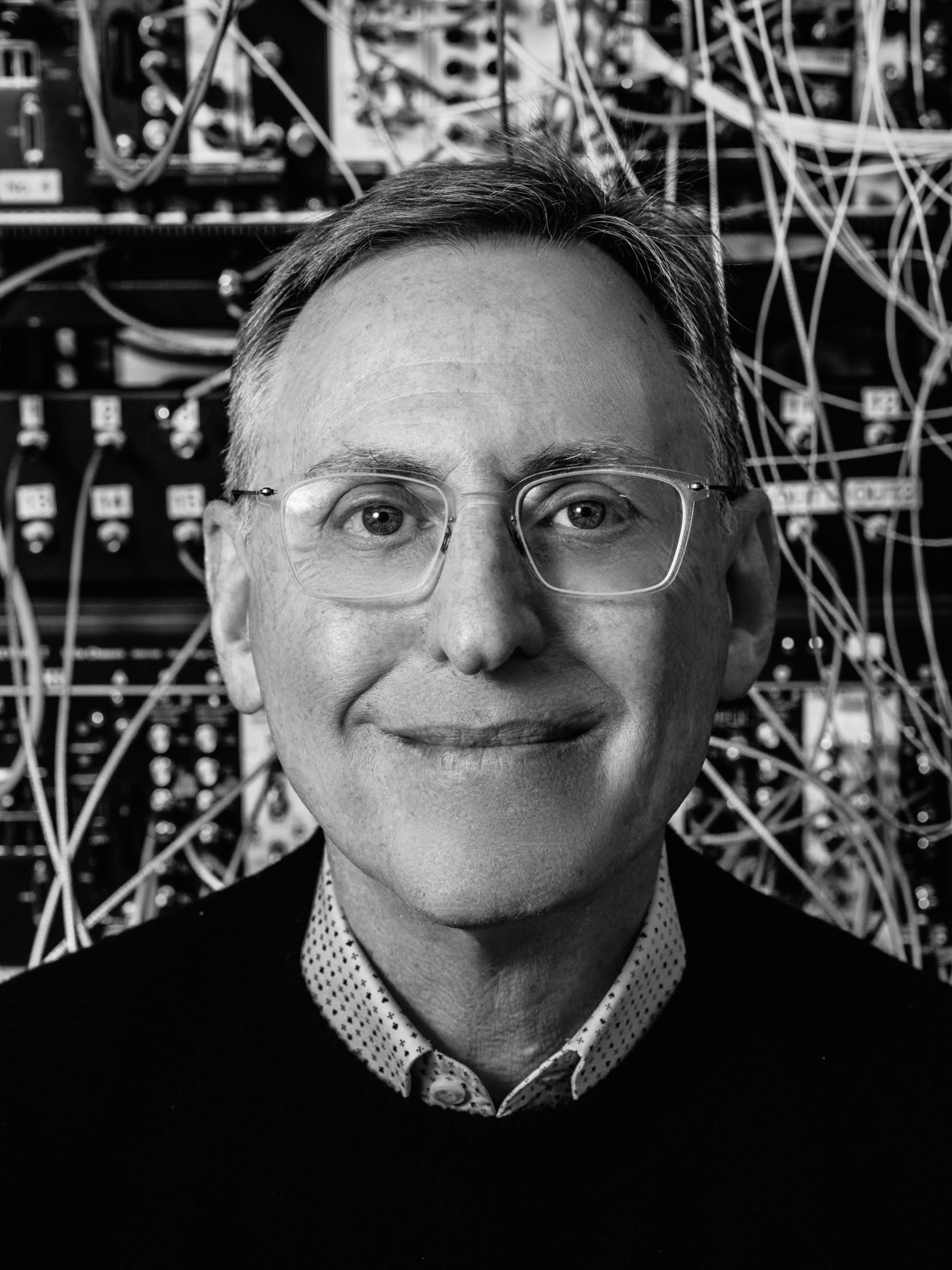
John Levy
CEO & Chairman
John Levy is the CEO and co-founder of SEEQC, a global leader in scalable, energy-efficient quantum computing that is redefining how quantum systems are designed, manufactured, and deployed. SEEQC was founded in 2019 as a spinout from a pioneering digital superconducting electronics company, Hypres, whose origins trace to researchers in 1983 from IBM’s superconducting electronics program at the IBM Thomas J. Watson Research Center. From 2012 to 2019, Mr. Levy served as Executive Chairman, where he helped advance the commercialization of chip- based, high-speed superconducting computing technologies—laying the technical and manufacturing foundation upon which SEEQC was built. From 2010-2018, Levy was the Chair of BioLite, a distributed clean-energy company serving emerging and developed markets, and joined the board of goTenna in 2013, helping guide its growth as a provider of edge-communications platforms for government and professional users through its acquisition by Forterra in 2025. Mr. Levy was a founding partner of L Capital Partners, a $185 million seed-stage venture capital fund, where he led technology investments and served on the boards of seven portfolio companies, including chip companies such as WiSpry (RF-MEMS) and HiGTek (active RFID), as well as OnPATH Technologies, Simparel, and Evogen (all acquired). He also served on the boards of VisionSense, Adjungo Networks (acquired), and Ovex (IPO), and was an adviser to video chip company, Tseng Labs (IPO), and Advanced Medical Imaging (IPO). Earlier, Mr. Levy was the founding CEO of ePlanet, a pioneering computer-vision company funded by Interval Research and Intel Corporation that developed one of the first consumer computer-vision platforms. He previously worked at Interval Research Corporation, a Palo Alto–based research lab sponsored by Paul Allen. Mr. Levy has held long-standing leadership roles in the nonprofit and philanthropic sectors. He served on the board of Bend the Arc for more than 20 years and was Chair from 2000 to 2006, overseeing the merger of two nonprofit organizations. In 2012, he joined the investment committee of the Nathan Cummings Foundation, helping oversee a $500 million endowment focused on climate and impact investing, and served as Chair of the committee from 2019 to 2023. Mr. Levy has been a regular guest lecturer for over 15 years at Columbia Business School and has spoken on quantum computing and entrepreneurial finance at Harvard Business School, MIT, and numerous international conferences, including Quantum World Congress, EUCAS, Cisco Quantum Summit, Inside Quantum/AI (New York), Quantum Beach, QED-C Market, and TEDx. Mr. Levy received an A.B. from Amherst College and an MBA from Harvard Business School.



John Levy
CEO & Chairman
John Levy is the CEO and co-founder of SEEQC, a global leader in scalable, energy-efficient quantum computing that is redefining how quantum systems are designed, manufactured, and deployed. SEEQC was founded in 2019 as a spinout from a pioneering digital superconducting electronics company, Hypres, whose origins trace to researchers in 1983 from IBM’s superconducting electronics program at the IBM Thomas J. Watson Research Center. From 2012 to 2019, Mr. Levy served as Executive Chairman, where he helped advance the commercialization of chip- based, high-speed superconducting computing technologies—laying the technical and manufacturing foundation upon which SEEQC was built. From 2010-2018, Levy was the Chair of BioLite, a distributed clean-energy company serving emerging and developed markets, and joined the board of goTenna in 2013, helping guide its growth as a provider of edge-communications platforms for government and professional users through its acquisition by Forterra in 2025. Mr. Levy was a founding partner of L Capital Partners, a $185 million seed-stage venture capital fund, where he led technology investments and served on the boards of seven portfolio companies, including chip companies such as WiSpry (RF-MEMS) and HiGTek (active RFID), as well as OnPATH Technologies, Simparel, and Evogen (all acquired). He also served on the boards of VisionSense, Adjungo Networks (acquired), and Ovex (IPO), and was an adviser to video chip company, Tseng Labs (IPO), and Advanced Medical Imaging (IPO). Earlier, Mr. Levy was the founding CEO of ePlanet, a pioneering computer-vision company funded by Interval Research and Intel Corporation that developed one of the first consumer computer-vision platforms. He previously worked at Interval Research Corporation, a Palo Alto–based research lab sponsored by Paul Allen. Mr. Levy has held long-standing leadership roles in the nonprofit and philanthropic sectors. He served on the board of Bend the Arc for more than 20 years and was Chair from 2000 to 2006, overseeing the merger of two nonprofit organizations. In 2012, he joined the investment committee of the Nathan Cummings Foundation, helping oversee a $500 million endowment focused on climate and impact investing, and served as Chair of the committee from 2019 to 2023. Mr. Levy has been a regular guest lecturer for over 15 years at Columbia Business School and has spoken on quantum computing and entrepreneurial finance at Harvard Business School, MIT, and numerous international conferences, including Quantum World Congress, EUCAS, Cisco Quantum Summit, Inside Quantum/AI (New York), Quantum Beach, QED-C Market, and TEDx. Mr. Levy received an A.B. from Amherst College and an MBA from Harvard Business School.



John Levy
CEO & Chairman
John Levy is the CEO and co-founder of SEEQC, a global leader in scalable, energy-efficient quantum computing that is redefining how quantum systems are designed, manufactured, and deployed. SEEQC was founded in 2019 as a spinout from a pioneering digital superconducting electronics company, Hypres, whose origins trace to researchers in 1983 from IBM’s superconducting electronics program at the IBM Thomas J. Watson Research Center. From 2012 to 2019, Mr. Levy served as Executive Chairman, where he helped advance the commercialization of chip- based, high-speed superconducting computing technologies—laying the technical and manufacturing foundation upon which SEEQC was built. From 2010-2018, Levy was the Chair of BioLite, a distributed clean-energy company serving emerging and developed markets, and joined the board of goTenna in 2013, helping guide its growth as a provider of edge-communications platforms for government and professional users through its acquisition by Forterra in 2025. Mr. Levy was a founding partner of L Capital Partners, a $185 million seed-stage venture capital fund, where he led technology investments and served on the boards of seven portfolio companies, including chip companies such as WiSpry (RF-MEMS) and HiGTek (active RFID), as well as OnPATH Technologies, Simparel, and Evogen (all acquired). He also served on the boards of VisionSense, Adjungo Networks (acquired), and Ovex (IPO), and was an adviser to video chip company, Tseng Labs (IPO), and Advanced Medical Imaging (IPO). Earlier, Mr. Levy was the founding CEO of ePlanet, a pioneering computer-vision company funded by Interval Research and Intel Corporation that developed one of the first consumer computer-vision platforms. He previously worked at Interval Research Corporation, a Palo Alto–based research lab sponsored by Paul Allen. Mr. Levy has held long-standing leadership roles in the nonprofit and philanthropic sectors. He served on the board of Bend the Arc for more than 20 years and was Chair from 2000 to 2006, overseeing the merger of two nonprofit organizations. In 2012, he joined the investment committee of the Nathan Cummings Foundation, helping oversee a $500 million endowment focused on climate and impact investing, and served as Chair of the committee from 2019 to 2023. Mr. Levy has been a regular guest lecturer for over 15 years at Columbia Business School and has spoken on quantum computing and entrepreneurial finance at Harvard Business School, MIT, and numerous international conferences, including Quantum World Congress, EUCAS, Cisco Quantum Summit, Inside Quantum/AI (New York), Quantum Beach, QED-C Market, and TEDx. Mr. Levy received an A.B. from Amherst College and an MBA from Harvard Business School.


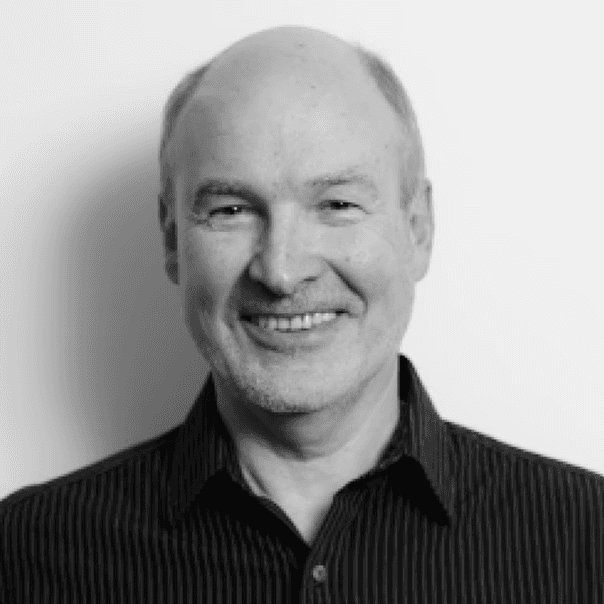
Oleg Mukhanov, PhD
CSO
Oleg Mukhanov has over 30 years of experience in superconducting electronics and is recognized as an authority in the field. Prior to founding SEEQC, Oleg held roles of increasing responsibility at Hypres, the world leader in high-performance superconducting electronics. He joined Hypres to initiate the development of Rapid Single Flux Quantum (RSFQ) superconductor circuit technology, which he co-invented while a PhD student. Over the years at Hypres, Oleg designed and demonstrated a number of world-record-setting digital circuits. He also has initiated and led many projects on high-performance superconductor digital, mixed signal, and analog circuits based on RSFQ logic and its derivatives. These include circuits and devices for data processors and memory, radio frequency signal reception, signal and time digital processing, cryogenic interfaces for a variety of applications including high-end computing, instrumentation, wireless communications, radar, and electronic warfare. Oleg co-invented and led the development of a new generation of energy-efficient SFQ technology and superconducting spintronic random-access memories for energy efficient computing systems. He also co-invented a Digital-RF architecture which culminated in the development of the cryocooled digital wideband receiver system based on RSFQ logic – the world’s first commercial-grade use of superconducting digital technology. From 2005-2007, Oleg was president of the US Committee on Superconducting Electronics. Oleg is a Fellow of IEEE and a member of the American Physical Society. He was a long-time editor of the IEEE Transactions of Applied Superconductivity and is an editor of IEEE Transactions of Quantum Engineering journals. He received an IEEE outstanding service recognition as an editor of special issues. He is the recipient of The IEEE Award for Continuing and Significant Contributions in the Field of Small Scale Applied Superconductivity. Oleg has authored and co-authored over 180 scientific peer-reviewed papers, book chapters, and 60 issued patents. Oleg earned a PhD in physics from Moscow State University and an MS (with honors) in electrical engineering from Moscow Engineering Physics Institute (National Research Nuclear University).



Oleg Mukhanov, PhD
CSO
Oleg Mukhanov has over 30 years of experience in superconducting electronics and is recognized as an authority in the field. Prior to founding SEEQC, Oleg held roles of increasing responsibility at Hypres, the world leader in high-performance superconducting electronics. He joined Hypres to initiate the development of Rapid Single Flux Quantum (RSFQ) superconductor circuit technology, which he co-invented while a PhD student. Over the years at Hypres, Oleg designed and demonstrated a number of world-record-setting digital circuits. He also has initiated and led many projects on high-performance superconductor digital, mixed signal, and analog circuits based on RSFQ logic and its derivatives. These include circuits and devices for data processors and memory, radio frequency signal reception, signal and time digital processing, cryogenic interfaces for a variety of applications including high-end computing, instrumentation, wireless communications, radar, and electronic warfare. Oleg co-invented and led the development of a new generation of energy-efficient SFQ technology and superconducting spintronic random-access memories for energy efficient computing systems. He also co-invented a Digital-RF architecture which culminated in the development of the cryocooled digital wideband receiver system based on RSFQ logic – the world’s first commercial-grade use of superconducting digital technology. From 2005-2007, Oleg was president of the US Committee on Superconducting Electronics. Oleg is a Fellow of IEEE and a member of the American Physical Society. He was a long-time editor of the IEEE Transactions of Applied Superconductivity and is an editor of IEEE Transactions of Quantum Engineering journals. He received an IEEE outstanding service recognition as an editor of special issues. He is the recipient of The IEEE Award for Continuing and Significant Contributions in the Field of Small Scale Applied Superconductivity. Oleg has authored and co-authored over 180 scientific peer-reviewed papers, book chapters, and 60 issued patents. Oleg earned a PhD in physics from Moscow State University and an MS (with honors) in electrical engineering from Moscow Engineering Physics Institute (National Research Nuclear University).



Oleg Mukhanov, PhD
CSO
Oleg Mukhanov has over 30 years of experience in superconducting electronics and is recognized as an authority in the field. Prior to founding SEEQC, Oleg held roles of increasing responsibility at Hypres, the world leader in high-performance superconducting electronics. He joined Hypres to initiate the development of Rapid Single Flux Quantum (RSFQ) superconductor circuit technology, which he co-invented while a PhD student. Over the years at Hypres, Oleg designed and demonstrated a number of world-record-setting digital circuits. He also has initiated and led many projects on high-performance superconductor digital, mixed signal, and analog circuits based on RSFQ logic and its derivatives. These include circuits and devices for data processors and memory, radio frequency signal reception, signal and time digital processing, cryogenic interfaces for a variety of applications including high-end computing, instrumentation, wireless communications, radar, and electronic warfare. Oleg co-invented and led the development of a new generation of energy-efficient SFQ technology and superconducting spintronic random-access memories for energy efficient computing systems. He also co-invented a Digital-RF architecture which culminated in the development of the cryocooled digital wideband receiver system based on RSFQ logic – the world’s first commercial-grade use of superconducting digital technology. From 2005-2007, Oleg was president of the US Committee on Superconducting Electronics. Oleg is a Fellow of IEEE and a member of the American Physical Society. He was a long-time editor of the IEEE Transactions of Applied Superconductivity and is an editor of IEEE Transactions of Quantum Engineering journals. He received an IEEE outstanding service recognition as an editor of special issues. He is the recipient of The IEEE Award for Continuing and Significant Contributions in the Field of Small Scale Applied Superconductivity. Oleg has authored and co-authored over 180 scientific peer-reviewed papers, book chapters, and 60 issued patents. Oleg earned a PhD in physics from Moscow State University and an MS (with honors) in electrical engineering from Moscow Engineering Physics Institute (National Research Nuclear University).


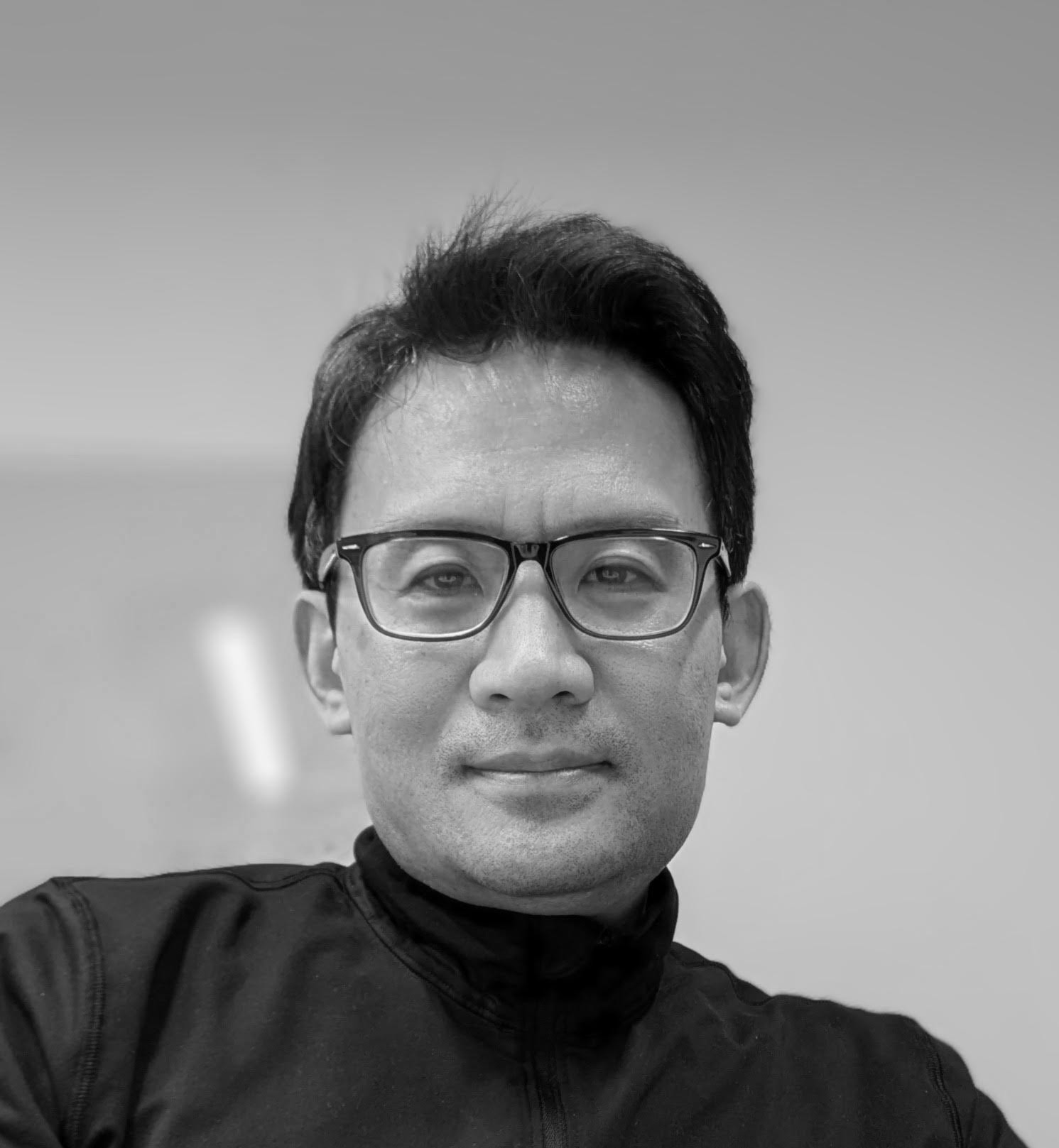
Shu-Jen Han, PhD
CTO
Shu-Jen Han currently serves as a CTO of SEEQC, where he is leading global multi-disciplinary R&D teams to develop chip-based quantum computing systems. He is responsible for company’s technology roadmaps, and the integration of SEEQC’s digital chip solution into clients’ quantum systems. Before SEEQC, Han was an associate VP of HFC Semiconductor Corp., where he led and drove two generations of MRAM technology development. Prior to HFC, he led nanoelectronics group at IBM T. J. Watson Research Center to research the future transistor technology beyond Silicon. He obtained his B.S. degree from National Tsing-Hua University, and M.S. and Ph.D. degrees from Stanford University. His works have been widely reported in media such as CNET, BBC, MIT Technology Review, Fortune, New York Times, and Wall Street Journal etc. He has authored over 100 technical publications with citation over 16,500, including multiple publications inScience and Nature series, two book chapters, and over 200 issued US patents.



Shu-Jen Han, PhD
CTO
Shu-Jen Han currently serves as a CTO of SEEQC, where he is leading global multi-disciplinary R&D teams to develop chip-based quantum computing systems. He is responsible for company’s technology roadmaps, and the integration of SEEQC’s digital chip solution into clients’ quantum systems. Before SEEQC, Han was an associate VP of HFC Semiconductor Corp., where he led and drove two generations of MRAM technology development. Prior to HFC, he led nanoelectronics group at IBM T. J. Watson Research Center to research the future transistor technology beyond Silicon. He obtained his B.S. degree from National Tsing-Hua University, and M.S. and Ph.D. degrees from Stanford University. His works have been widely reported in media such as CNET, BBC, MIT Technology Review, Fortune, New York Times, and Wall Street Journal etc. He has authored over 100 technical publications with citation over 16,500, including multiple publications inScience and Nature series, two book chapters, and over 200 issued US patents.



Shu-Jen Han, PhD
CTO
Shu-Jen Han currently serves as a CTO of SEEQC, where he is leading global multi-disciplinary R&D teams to develop chip-based quantum computing systems. He is responsible for company’s technology roadmaps, and the integration of SEEQC’s digital chip solution into clients’ quantum systems. Before SEEQC, Han was an associate VP of HFC Semiconductor Corp., where he led and drove two generations of MRAM technology development. Prior to HFC, he led nanoelectronics group at IBM T. J. Watson Research Center to research the future transistor technology beyond Silicon. He obtained his B.S. degree from National Tsing-Hua University, and M.S. and Ph.D. degrees from Stanford University. His works have been widely reported in media such as CNET, BBC, MIT Technology Review, Fortune, New York Times, and Wall Street Journal etc. He has authored over 100 technical publications with citation over 16,500, including multiple publications inScience and Nature series, two book chapters, and over 200 issued US patents.



Matt Hutchings, PhD
CPO
Matt Hutchings has extensive experience in both research and commercialization of quantum computing technology. Following a PhD in experimental physics at Cardiff University, Matt joined the Plourde Quantum Research Lab at Syracuse University, as a postdoctoral researcher, where he focused on the development of novel superconducting qubit architectures. At Syracuse, he led a collaborative project with the IBM quantum computing team, to develop a scalable qubit architecture. This IBM collaboration successfully delivered a novel quantum computing element that was incorporated into a number of their state-of-the-art quantum processor architectures. Matt advanced research developments of SEEQC’s underlying technology, through a collaboration between the Plourde team at Syracuse, the McDermott team at University of Wisconsin Madison and Hypres, the inventors of the technology. Having recognized the commercial value of this technology, Matt joined the Quantum Technology Enterprise Centre fellowship program at Bristol University, a startup accelerator program aimed at providing the vital business training required to form a company in deep tech. Through this program, he partnered with the team at Hypres to form SEEQC.



Matt Hutchings, PhD
CPO
Matt Hutchings has extensive experience in both research and commercialization of quantum computing technology. Following a PhD in experimental physics at Cardiff University, Matt joined the Plourde Quantum Research Lab at Syracuse University, as a postdoctoral researcher, where he focused on the development of novel superconducting qubit architectures. At Syracuse, he led a collaborative project with the IBM quantum computing team, to develop a scalable qubit architecture. This IBM collaboration successfully delivered a novel quantum computing element that was incorporated into a number of their state-of-the-art quantum processor architectures. Matt advanced research developments of SEEQC’s underlying technology, through a collaboration between the Plourde team at Syracuse, the McDermott team at University of Wisconsin Madison and Hypres, the inventors of the technology. Having recognized the commercial value of this technology, Matt joined the Quantum Technology Enterprise Centre fellowship program at Bristol University, a startup accelerator program aimed at providing the vital business training required to form a company in deep tech. Through this program, he partnered with the team at Hypres to form SEEQC.



Matt Hutchings, PhD
CPO
Matt Hutchings has extensive experience in both research and commercialization of quantum computing technology. Following a PhD in experimental physics at Cardiff University, Matt joined the Plourde Quantum Research Lab at Syracuse University, as a postdoctoral researcher, where he focused on the development of novel superconducting qubit architectures. At Syracuse, he led a collaborative project with the IBM quantum computing team, to develop a scalable qubit architecture. This IBM collaboration successfully delivered a novel quantum computing element that was incorporated into a number of their state-of-the-art quantum processor architectures. Matt advanced research developments of SEEQC’s underlying technology, through a collaboration between the Plourde team at Syracuse, the McDermott team at University of Wisconsin Madison and Hypres, the inventors of the technology. Having recognized the commercial value of this technology, Matt joined the Quantum Technology Enterprise Centre fellowship program at Bristol University, a startup accelerator program aimed at providing the vital business training required to form a company in deep tech. Through this program, he partnered with the team at Hypres to form SEEQC.


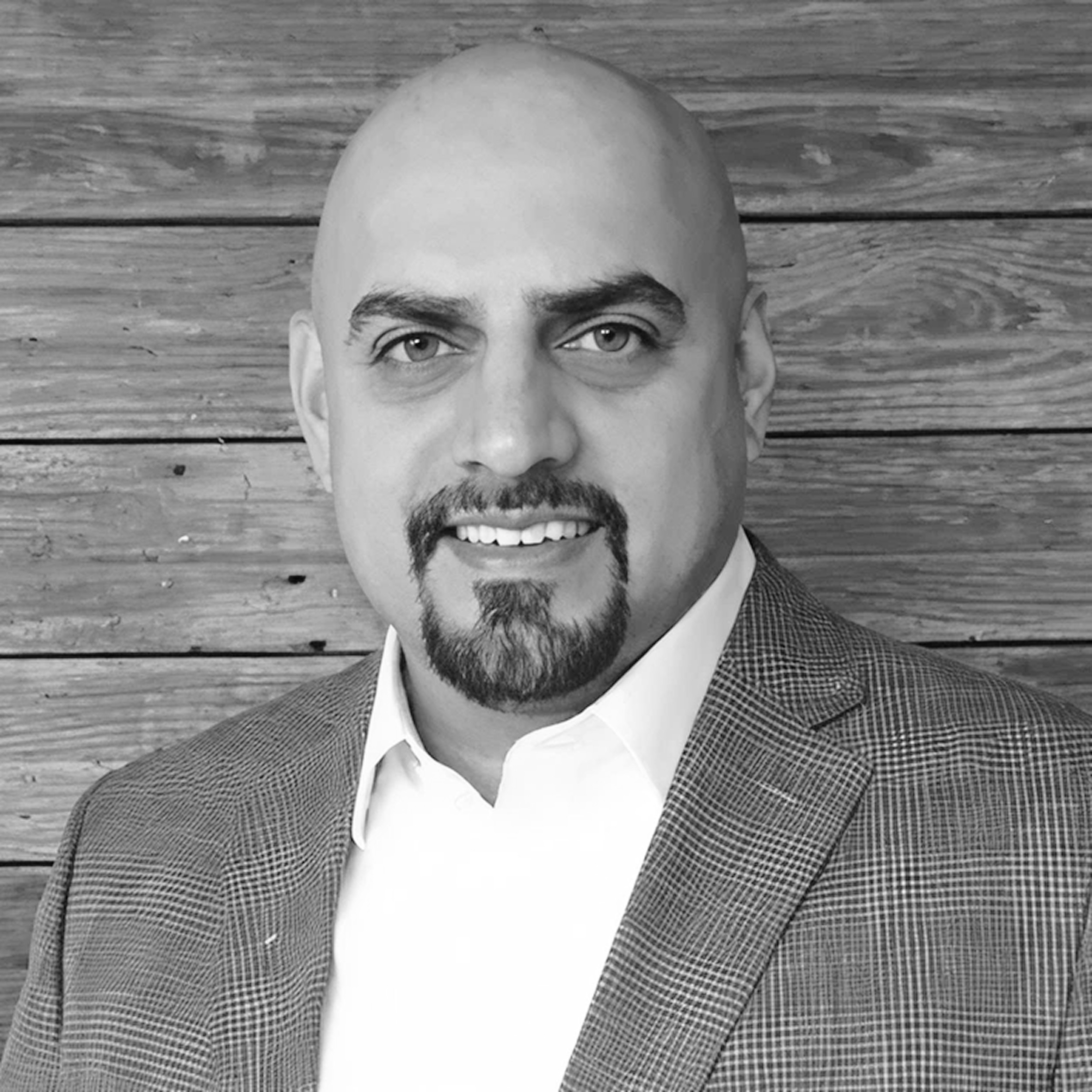
Raja Bal
CFO
Raja Bal serves as the Chief Financial Officer of SEEQC, overseeing the company’s global finance, investor relations, strategic planning, and corporate development functions. He brings more than two decades of leadership experience across deep tech, semiconductors, and advanced manufacturing, with a track record of scaling high-growth technology businesses and navigating complex capital markets. Prior to joining SEEQC, Raja served as Executive Vice President and CFO of Indie Semiconductor, where he helped lead the company through significant operational expansion and capital formation. He previously held CFO and Operating Partner roles at True North Venture Partners, served as CFO of GT Advanced Technologies, and held senior leadership positions at Skyworks Solutions. Raja holds a CPA designation, a Master of Management Analytics from Smith School of Business at Queen’s University, and a Bachelor of Commerce from the Telfer School of Management at the University of Ottawa.


Raja Bal
CFO
Raja Bal serves as the Chief Financial Officer of SEEQC, overseeing the company’s global finance, investor relations, strategic planning, and corporate development functions. He brings more than two decades of leadership experience across deep tech, semiconductors, and advanced manufacturing, with a track record of scaling high-growth technology businesses and navigating complex capital markets. Prior to joining SEEQC, Raja served as Executive Vice President and CFO of Indie Semiconductor, where he helped lead the company through significant operational expansion and capital formation. He previously held CFO and Operating Partner roles at True North Venture Partners, served as CFO of GT Advanced Technologies, and held senior leadership positions at Skyworks Solutions. Raja holds a CPA designation, a Master of Management Analytics from Smith School of Business at Queen’s University, and a Bachelor of Commerce from the Telfer School of Management at the University of Ottawa.


Raja Bal
CFO
Raja Bal serves as the Chief Financial Officer of SEEQC, overseeing the company’s global finance, investor relations, strategic planning, and corporate development functions. He brings more than two decades of leadership experience across deep tech, semiconductors, and advanced manufacturing, with a track record of scaling high-growth technology businesses and navigating complex capital markets. Prior to joining SEEQC, Raja served as Executive Vice President and CFO of Indie Semiconductor, where he helped lead the company through significant operational expansion and capital formation. He previously held CFO and Operating Partner roles at True North Venture Partners, served as CFO of GT Advanced Technologies, and held senior leadership positions at Skyworks Solutions. Raja holds a CPA designation, a Master of Management Analytics from Smith School of Business at Queen’s University, and a Bachelor of Commerce from the Telfer School of Management at the University of Ottawa.

Advisory Board
Advisory Board
Advisory Board

Ted Persson
EQT Ventures

Ted Persson
EQT Ventures

Ted Persson
EQT Ventures

Jason Whitmire
Blueyard Capital

Jason Whitmire
Blueyard Capital

Jason Whitmire
Blueyard Capital
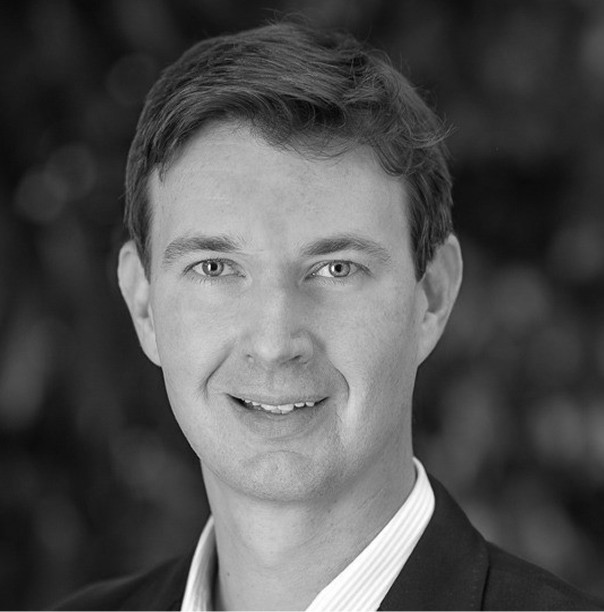
Mike Messemer
Asset Management

Mike Messemer
Asset Management

Mike Messemer
Asset Management

Marek Kiisa
NordicNinja

Marek Kiisa
NordicNinja

Marek Kiisa
NordicNinja
Scientific Advisors
Scientific Advisors
Scientific Advisors
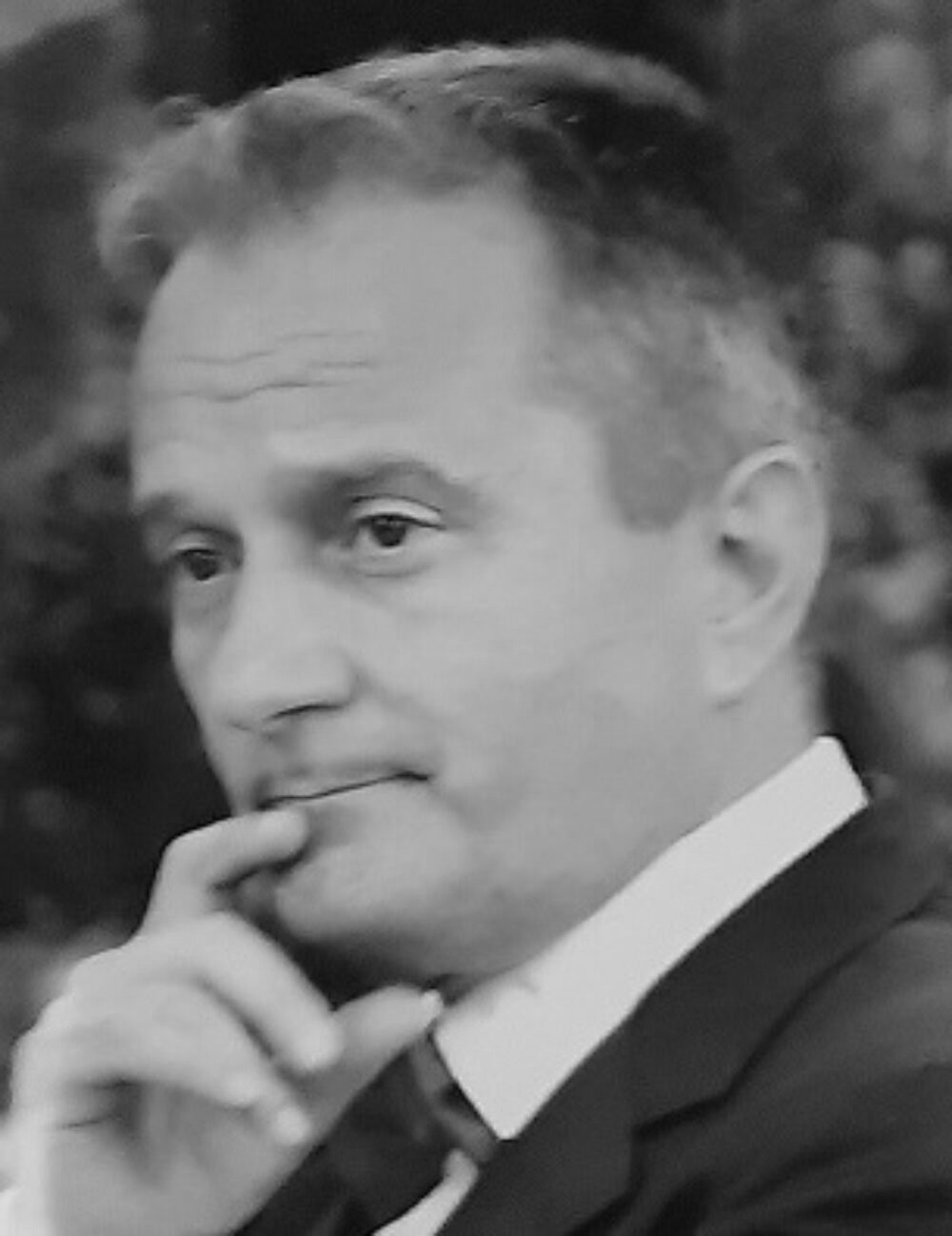
Giovanni Piero Pepe
Professor, University of Napoli Federico II

Giovanni Piero Pepe
Professor, University of Napoli Federico II

Giovanni Piero Pepe
Professor, University of Napoli Federico II
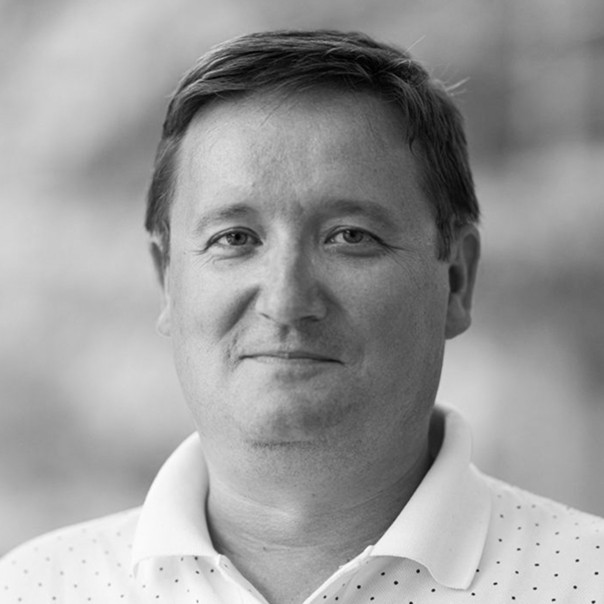
Maxim Vavilov
Professor, University of Wisconsin

Maxim Vavilov
Professor, University of Wisconsin

Maxim Vavilov
Professor, University of Wisconsin
Investors & Partners
Investors & Partners
Investors & Partners
Backed by global leaders. Partnered with industry pioneers.
Backed by global leaders. Partnered with industry pioneers.
Backed by global leaders. Partnered with industry pioneers.


SEEQC is advancing quantum computing with the support of world-class investors and strategic partners who share our vision for scalable, energy-efficient quantum systems. Our backers include NEC and Merck’s M Ventures, along with federal programs such as DARPA, recognizing both the commercial and national importance of our work.
SEEQC is advancing quantum computing with the support of world-class investors and strategic partners who share our vision for scalable, energy-efficient quantum systems. Our backers include NEC and Merck’s M Ventures, along with federal programs such as DARPA, recognizing both the commercial and national importance of our work.
SEEQC is advancing quantum computing with the support of world-class investors and strategic partners who share our vision for scalable, energy-efficient quantum systems. Our backers include NEC and Merck’s M Ventures, along with federal programs such as DARPA, recognizing both the commercial and national importance of our work.
We collaborate with leading technology and research partners including IBM, NVIDIA, and BASF, driving innovation across quantum hardware, AI integration, and materials science. From joint research initiatives like IBM’s DARPA QBI program to cutting-edge GPU-quantum workflows with NVIDIA, these partnerships validate SEEQC’s position at the forefront of the quantum era.
We collaborate with leading technology and research partners including IBM, NVIDIA, and BASF, driving innovation across quantum hardware, AI integration, and materials science. From joint research initiatives like IBM’s DARPA QBI program to cutting-edge GPU-quantum workflows with NVIDIA, these partnerships validate SEEQC’s position at the forefront of the quantum era.
We collaborate with leading technology and research partners including IBM, NVIDIA, and BASF, driving innovation across quantum hardware, AI integration, and materials science. From joint research initiatives like IBM’s DARPA QBI program to cutting-edge GPU-quantum workflows with NVIDIA, these partnerships validate SEEQC’s position at the forefront of the quantum era.
Organizations Working
With SEEQC
Organizations Working
With SEEQC
Organizations Working
With SEEQC



Join the Team
We’re a passionate team at the intersection of quantum physics and engineering, driven by innovation and collaboration.
We’re a passionate team at the intersection of quantum physics and engineering, driven by innovation and collaboration.
We’re a passionate team at the intersection of quantum physics and engineering, driven by innovation and collaboration.
Contact Us
Email us at info@seeqc.com for all general inquiries.
Email us at info@seeqc.com for all general inquiries.
Email us at info@seeqc.com for all general inquiries.




























